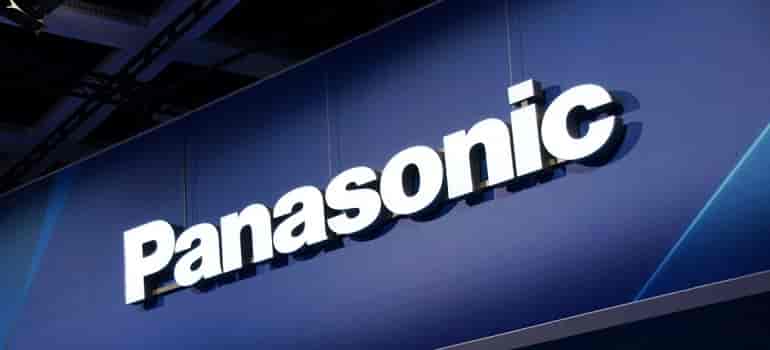
Diversified technology firm Panasonic India is betting big on its energy-related business and expecting to clock around Rs 700 crore in revenue by 2021 from this vertical, said a top company official. The company has divided its energy space business into two segments — energy storage and mobility solutions, Panasonic President and CEO Manish Sharma said.
Panasonic Wednesday introduced its smart electric vehicle charging service ‘Nymbus’ to tap emerging opportunities in the mobility sector.
“This is a very important segment for us. Over all, from all energy related business by 2021, we are looking at a revenue of Rs 700 crore,” Sharma told.
According to him: “The market opportunity would be around Rs 5,000 crore by then. This would include battery energy and electric charging business.”
Nymbus is a charging service that combines charging stations, swap stations, on board charges, telematics systems and the virtual components like cloud service, analytics, intuitive dashboard and artificial intelligence.
The company has presently introduced Nymbus in Delhi NCR region and is currently available for two and three-wheelers only.
Panasonic has plans to expand charing solutions for other vehicle categories and to expand to 7-8 cities in the next three years.
“We have currently deployed our solutions in Delhi NCR. We aim to expand to 25 cities in the next five years targeting approximately one million vehicles,” said Panasonic India Head Energy Systems Division Atul Arya.
As part of the first phase, Panasonic has partnered with electric mobility service providers’ SmartE and qQuick, wherein Panasonic will be deploying the EV charging service on 150 SmartE electric three-wheelers and on 25 Quick 2-wheelers in the Delhi NCR region.
Panasonic is also expanding its storage battery system, which is based on Lithium Ion battery.
“This business is going on with reasonable pace, in line with the the rate of adoption which is happening in our country,” he said adding that such adoptions is happening in the areas of telecom towers and ATMs.
“I believe that in the next three years, it would have rapid expansion in critical applications, where diesel gensets are used such as hospitals, data centres etc,” Sharma said.
Panasonic energy business is part of its B2B business in India, which is presently contributing around 25 per cent in its revenues.
The company expects that in the next five years, its B2C and B2B to equally contribute 50:50 in its revenue, Sharma said.
Source: PTI

